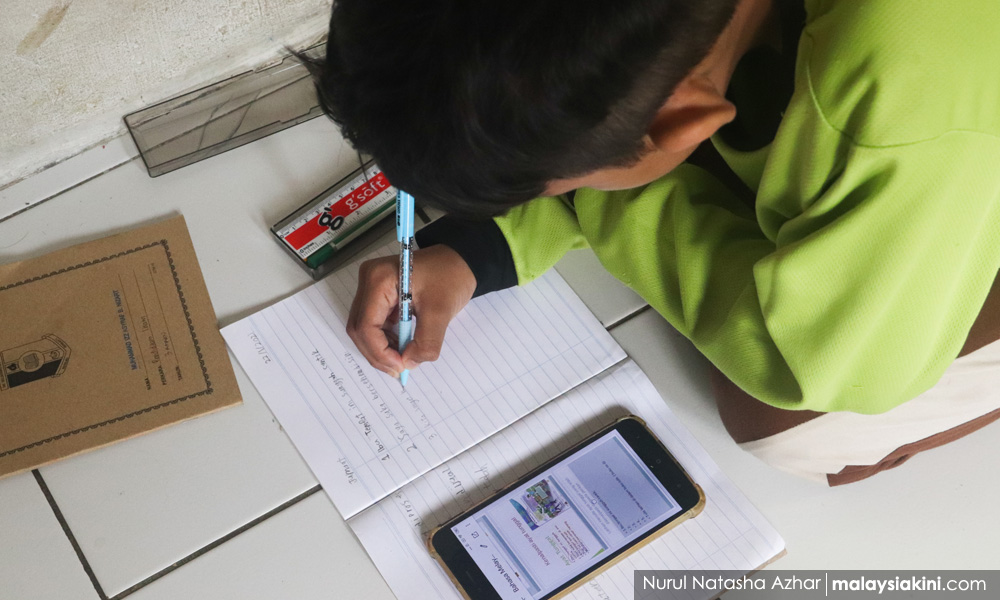ChatGPT took the world by storm last December when OpenAI, an Artificial Intelligence (AI) company, released it to the public to test and use for free.
This prompted mixed reactions from academics around the world to the emergence of AI chatbots, ranging from those who fully embrace the technology, to those who reject it, saying it challenged academic integrity.
The market has already been saturated with other all-purpose generative AI tools even before the rise of ChatGPT.
Among them were Chatsonic, which provides idea generation, Gradescope, which helps users administer and grade assessments, Jasper Chat and YouChat, which allows users to stay connected, Noodle Factory, which automates AI tutoring, marking, and exam preparation, as well as Getmarked which automates the creation of online assignments by converting Word documents into quiz formats.
Subscribing to an AI tool is easy enough, but when using them, educators will need to consider redesigning their pedagogies for effective student learning.
Reconceptualise teaching, learning with AI
1. Adopt AI policy in the curriculum
Lecturers and students need to accept that AI tools are going to be prominent instruments in the education sphere in terms of accessing knowledge. Instead of resisting, it is better to adopt them early as a support tool for self-directed learning.
Educators can do this in stages to help students use them for self-study and assignments.
2. Virtual teaching assistants
Lecturers are to determine what needs to be learned and guide their students to utilise AI tools as their ‘support teachers’.
Students can be guided on how to prompt the bot using questions to derive answers, allowing them to understand a complex topic.

This way, they are taught to engage critically with AI rather than using it simply to generate answers for the sole purpose of submitting assignments.
3. Generate customised lesson plans
For a long time, lecturers have struggled to design separate learning objectives for students of different aptitudes within a class, especially if a lesson is targeted to a larger cohort.
AI bots can be instructed to generate customised lesson plans that will help lecturers save time in planning and deploying their lessons to students who learn differently from others.
4. Personalised feedback to students
Lecturers have spent hours grading student work, but with the use of AI tools, automated and custom feedback on student work can be generated.
This cuts down marking time significantly by identifying assignments that have fixed answers such as mathematical problems and text-based assignments such as essays.
When grading, such AI tools are smart enough to provide non-generic feedback tailored to each unique submission. If the lecturer is unsatisfied with the generated feedback, the bot can always be prompted with the lecturer’s comments to regenerate another round of feedback.
5. Raise awareness on indiscriminate AI use
While AI is a powerful platform, students must learn not to see it as a one-stop solution to all learning problems. They must be made aware that future jobs require finely honed skills and human-only competencies that may not be obtained by simply instructing AI bots to solve.
Some job interviews have hurdles such as skill tests to demonstrate competence. Those will prove to be the ultimate tests of whether a graduate should be employed rather than being judged based on education certificates alone.
Although the arrival of AI signals the need for urgent and innovative change in the education industry, educators and students should view AI as an ally rather than an enemy.
There is no better time than now for educators to shift from being the “sage on the stage” to being a “guide by the side”. Students will soon be exposed to more influential AI tools that can generate immense knowledge and content output than educators can produce using textbooks and traditional search engines. - Mkini
Associate Professor Lim Chee Leong is the Director of Learning Innovation and Development at the Centre for Future Learning, Taylor’s University and has been in the education industry for over 20 years.
The views expressed here are those of the author/contributor and do not necessarily represent the views of MMKtT.




No comments:
Post a Comment
Note: Only a member of this blog may post a comment.